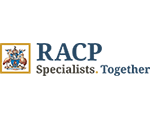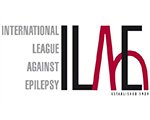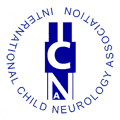Speech and language delay
Description
Speech is a form of communication that requires control of your vocal cords, breathing and muscles of the mouth to form words and sentences in a fluent and comprehensible manner. Speech in a child normally passes through the following stages: cooing, babbling, repetition, speaking single words, word combinations and finally, sentence formation. By the age of 4 a child’s speech is mostly understandable. Delayed speech occurs when your child is unable to meet certain milestones of speech development compared to others in the same age group.
Causes
Delayed speech is more common in males, those with a positive family history, and those born premature or underweight. It may occur as a primary condition due to a developmental delay in the ability to understand and express speech, or may be secondary to conditions such as hearing loss, elective mutism, autism, intellectual disability or physical impediment in speech.
Impact
Delayed speech may be associated with problems with attention, reading, writing and socializing, and may affect your child later in life, interfering with performance in school, workplace and society. Early intervention usually improves outcomes.
Diagnosis
If speech delay is identified, your doctor will review your child’s medical history and perform a detailed physical evaluation to identify any underlying causes such as intellectual disability or hearing loss. Your child’s doctor may order an audiometry and tympanometry to assess hearing capability, blood tests for children suspected of having a genetic disorder, and an electroencephalogram in those with seizures. Once the cause is determined, an individualized treatment plan is formulated.
Treatment Options
A period of close monitoring may be recommended to see if the condition improves on its own. Your doctor works as a team with a speech-language pathologist, occupational therapist, audiologist, psychologist and social worker to manage your child’s problem. Therapy is aimed at teaching your child ways to understand spoken language and improve their communication skills. Children with hearing loss are instructed on the use of hearing aids and lip reading, or may be recommended for corrective surgical procedures. Psychotherapy is recommended to treat certain causes of speech delay and manage associated anxiety and depression. Parents are counselled on ways to encourage their child to communicate and how to adjust their speech according to their child’s needs. They may also be trained to provide speech-language therapy at home. Storytelling, word games, recitation of rhymes and songs, engaging in conversation, and reading books together are recommended.








